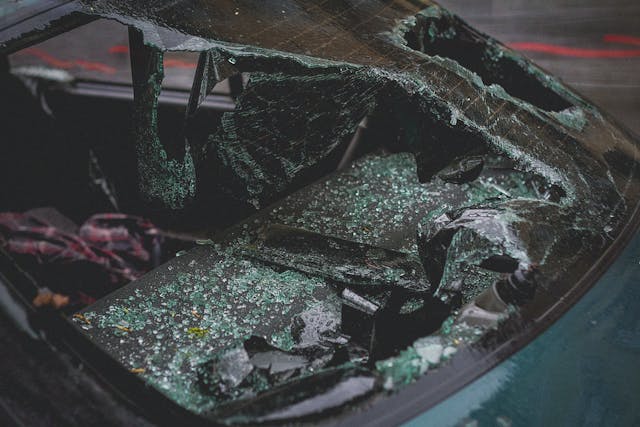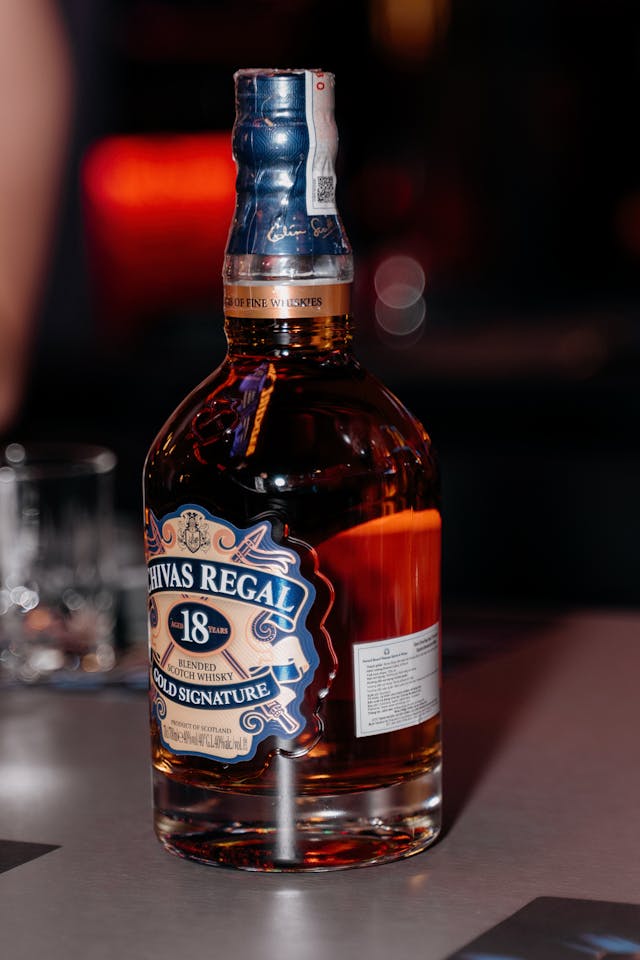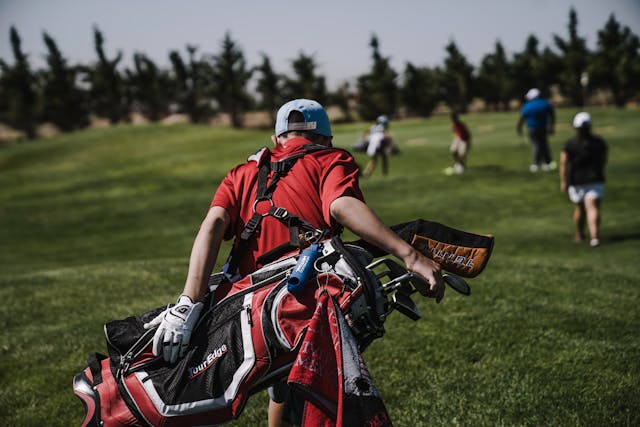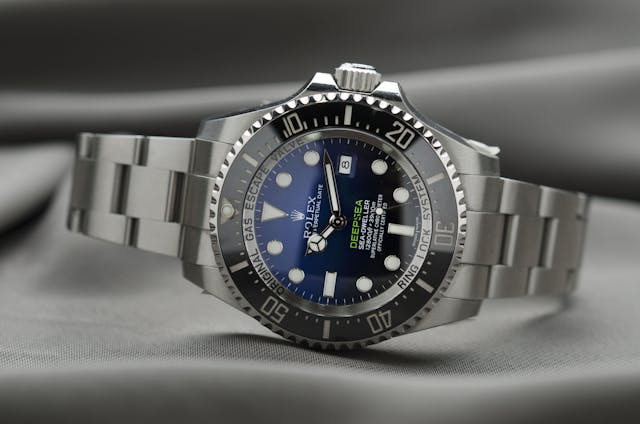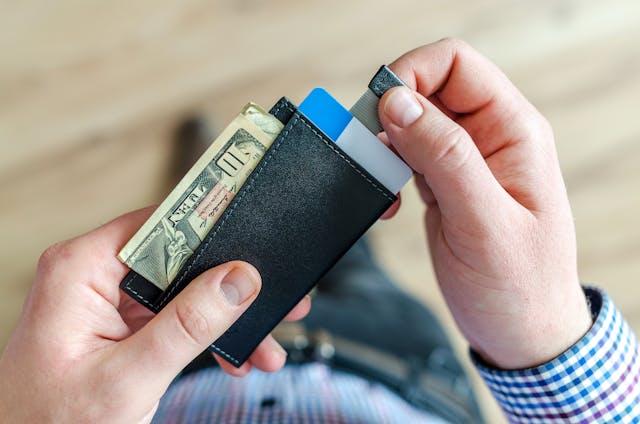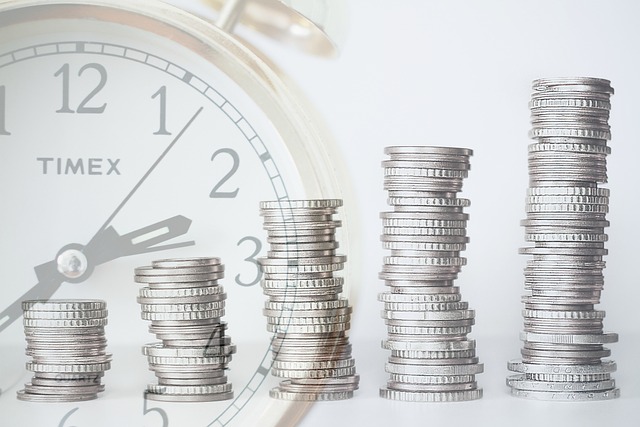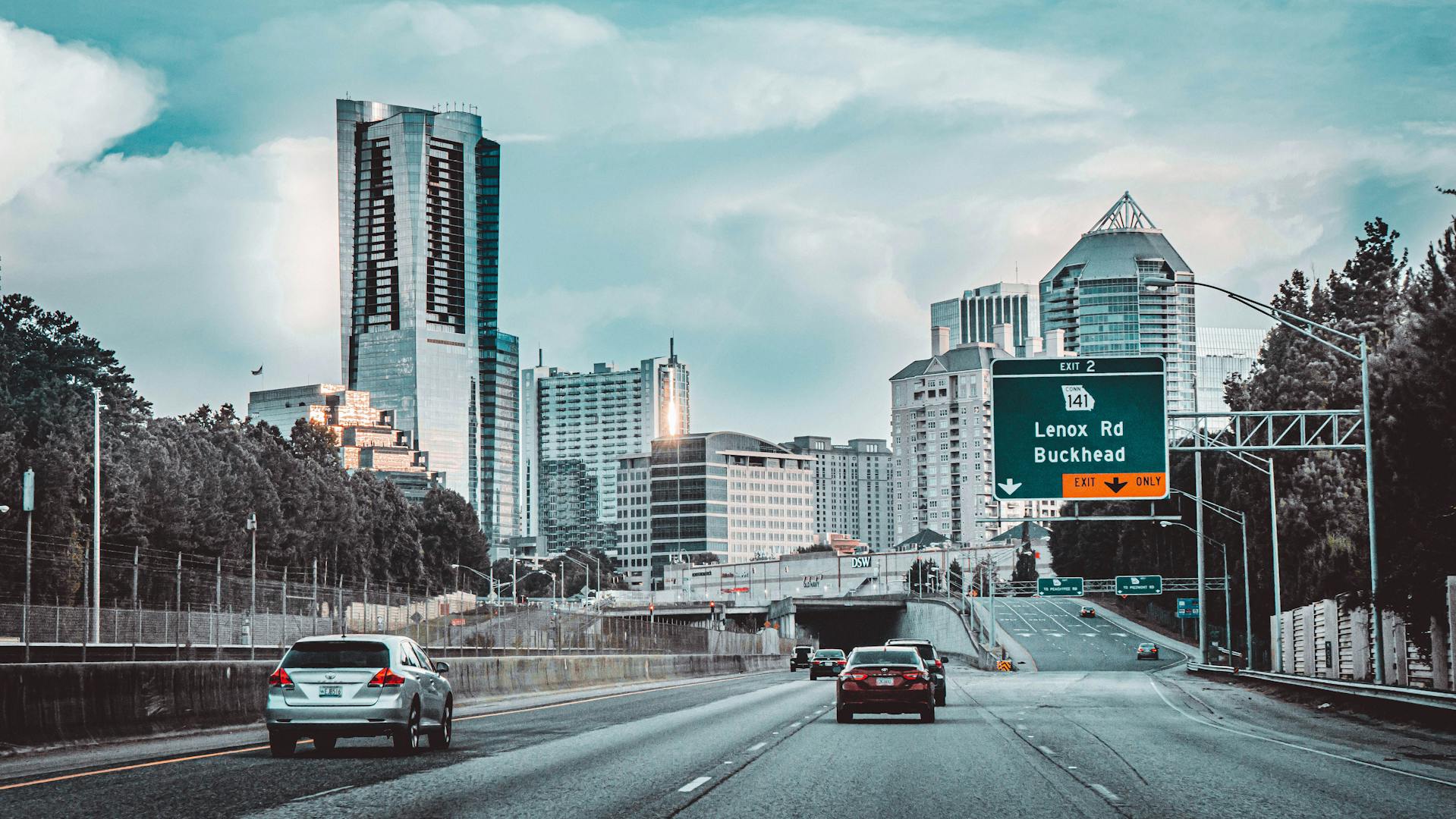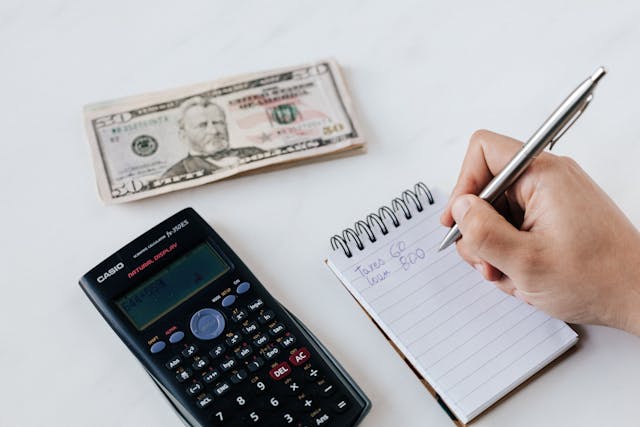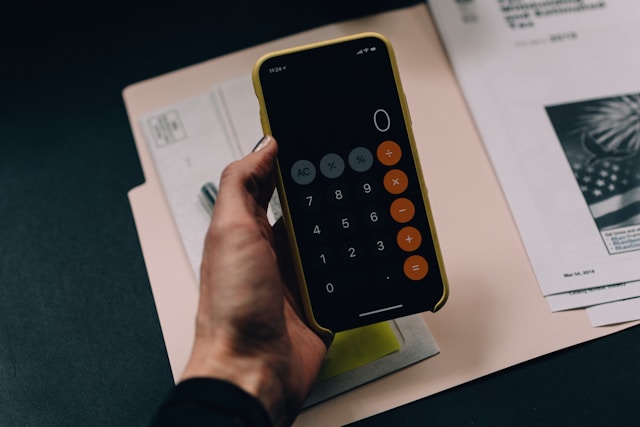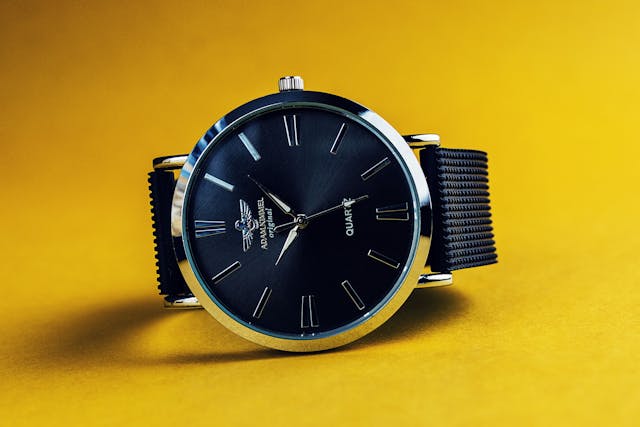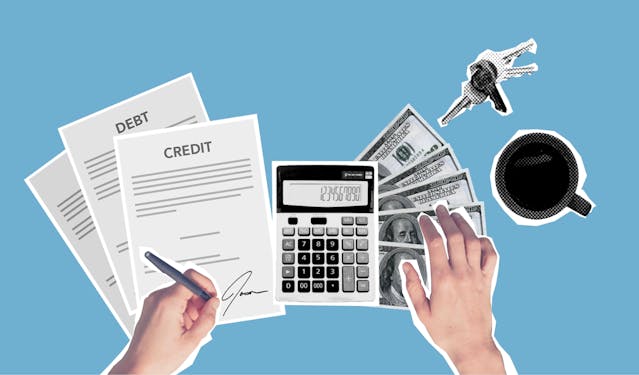Getting into a car accident can be a stressful and overwhelming experience. Not only do you have to deal with the physical and emotional aftermath, but you also have to navigate the process of filing an insurance claim and getting your car repaired or replaced.
But what happens when your car is deemed a total loss by the insurance company? Who gets the insurance check in this situation? In this article, we’ll explore the answer to this question and provide some insight into the claim processing and insurance claim distribution process.
What Does it Mean When a Car is Totaled?
Before we dive into who gets the insurance check, let’s first define what it means for a car to be totaled. A car is considered totaled when the cost of repairs exceeds a certain percentage of the car’s value. This percentage varies by state and insurance company, but it is typically around 70-80%.
For example, if your car is worth $10,000 and the cost of repairs is $8,000, it would be considered totaled. This is because the cost of repairs is 80% of the car’s value.
Who Gets the Insurance Check When a Car is Totaled?
Now, let’s get to the main question at hand: who gets the insurance check when a car is totaled? The answer depends on a few factors, including the type of insurance coverage you have and who is at fault for the accident.
If You Have Collision Coverage
If you have collision coverage, which is optional in most states, your insurance company will pay you the actual cash value (ACV) of your car, minus your deductible. The ACV is the amount your car was worth before the accident, taking into account factors such as age, mileage, and condition.
In this case, you would receive the insurance check and it would be up to you to decide what to do with it. You could use it to purchase a new car, pay off any remaining balance on your car loan, or use it for other expenses.
If You Don’t Have Collision Coverage
If you don’t have collision coverage, you will not receive an insurance check from your insurance company. This is because you did not have coverage for the damage to your own car. In this case, you would need to rely on the other driver’s insurance company to cover the cost of your totaled car.
If the Other Driver is At Fault
If the other driver is at fault for the accident, their insurance company will be responsible for paying for the damages to your car. This includes the cost of repairs or the ACV if your car is deemed a total loss.
In this situation, you would not receive an insurance check directly from the other driver’s insurance company. Instead, they would pay the repair shop directly or send the check to your insurance company if you have collision coverage. Your insurance company would then reimburse you for any deductible you paid.
If You Are At Fault
If you are at fault for the accident, your insurance company will pay for the damages to the other driver’s car, up to the limits of your liability coverage. If the other driver’s car is totaled, their insurance company will pay them the ACV of their car, minus their deductible.
In this case, you would not receive an insurance check from the other driver’s insurance company. However, if you have collision coverage, your insurance company may cover the cost of repairs to your own car, minus your deductible.
How is the Insurance Check Distributed?
Now that we’ve covered who gets the insurance check, let’s talk about how it is distributed. In most cases, the insurance check will be sent directly to the repair shop or to your insurance company if you have collision coverage.
If the check is sent to the repair shop, they will deduct the cost of repairs from the check and give you the remaining amount. If the check is sent to your insurance company, they will deduct your deductible and any other fees from the check and then send you the remaining amount.
Read What happens if you don’t use insurance money for repairs.
What if You Owe More on Your Car Than it’s Worth?
In some cases, you may owe more on your car than it is worth. This can happen if you have a car loan with a high interest rate or if you purchased a new car that depreciated quickly.
If this is the case, you may still owe money on your car loan even after the insurance company pays you the ACV of your car. In this situation, you would be responsible for paying off the remaining balance on your car loan.
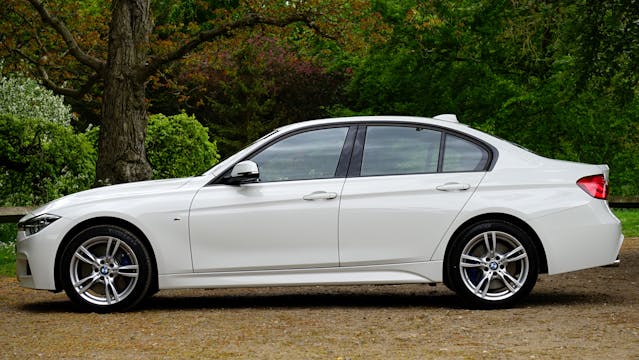
How to Make the Insurance Claim Process Easier
Dealing with a totaled car and filing an insurance claim can be a time-consuming and stressful process. To make things easier, here are a few tips to keep in mind:
Report the Accident as Soon as Possible
It’s important to report the accident to your insurance company as soon as possible. This will help speed up the claim processing and ensure that you receive your insurance check in a timely manner.
Keep Detailed Records
Keep track of all documents related to the accident, including the police report, repair estimates, and any communication with your insurance company. This will help you stay organized and provide evidence if there are any discrepancies in the claim processing.
Consider Hiring a Lawyer
If you are having trouble getting the insurance company to pay for the damages to your car, you may want to consider hiring a lawyer. They can help you navigate the claims process and ensure that you receive the compensation you are entitled to.
Conclusion
In conclusion, who gets the insurance check when a car is totaled depends on a few factors, including the type of insurance coverage you have and who is at fault for the accident. If you have collision coverage, you will receive the insurance check and can decide what to do with it. If you don’t have collision coverage, you will need to rely on the other driver’s insurance company to cover the cost of your totaled car. To make the claim processing easier, be sure to report the accident as soon as possible, keep detailed records, and consider hiring a lawyer if needed.

